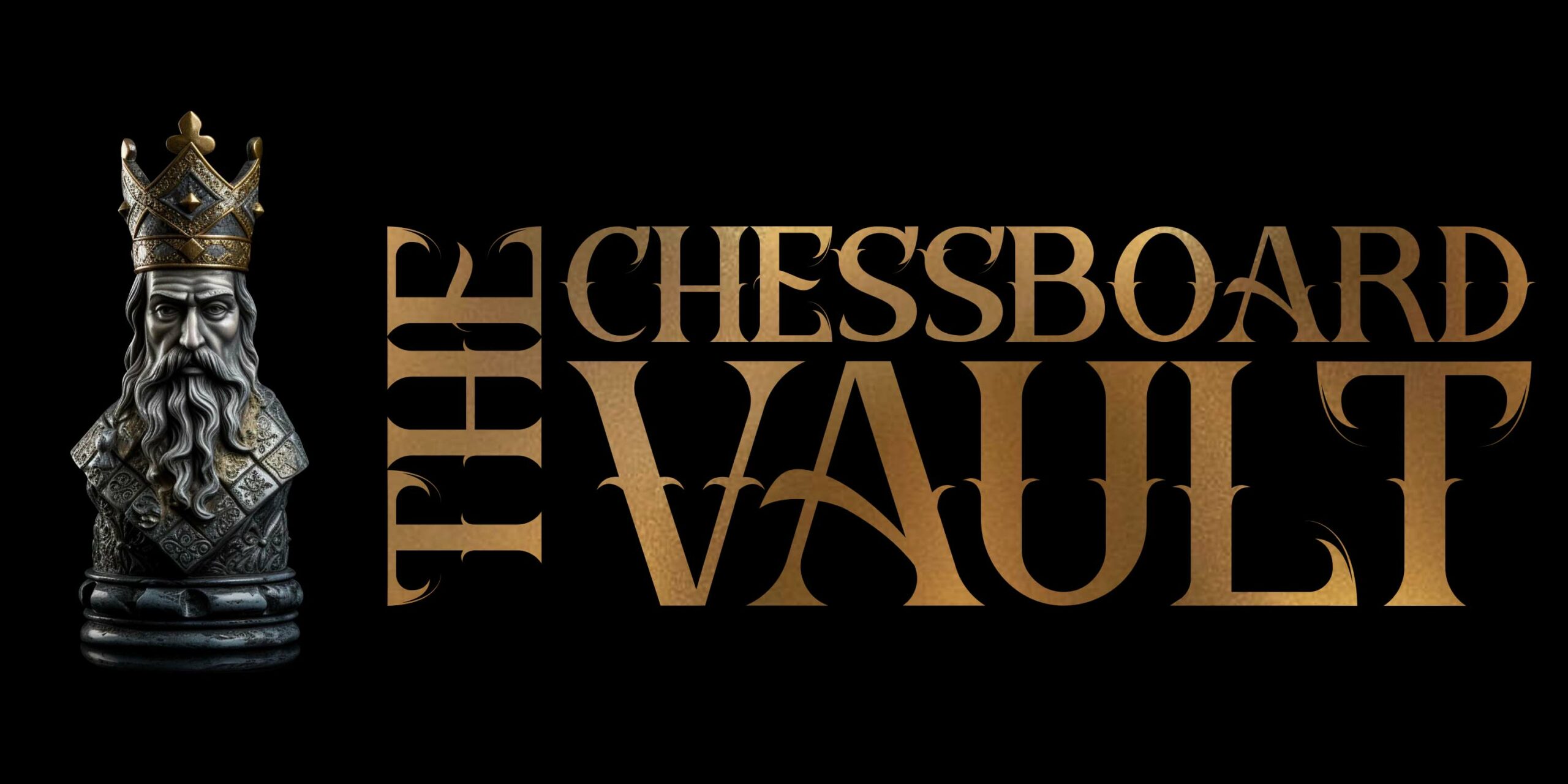Chess is often perceived as a mere pastime, yet it is a richly educational game, offering far more than the simple pleasure of competition. At its core, chess is a game of strategy and tactics, requiring players to think ahead and anticipate their opponent’s moves. This aspect of the game cultivates critical thinking and problem-solving skills, as players must evaluate multiple possibilities, make decisions under pressure, and adapt their strategies to new situations. What does chess teach you?
Beyond its cognitive benefits, chess teaches patience and discipline. The slow, deliberate pace of the game fosters an environment of contemplation and focus. Players learn the value of careful planning and the peril of impulsive decisions. This patience extends beyond the chessboard, as players often find themselves applying this discipline in real-world scenarios, learning to think before acting.
Development of Strategic Thinking and Problem-Solving Skills
“What Does Chess Teach You” is a question that leads us to delve into the depths of strategic thinking and problem-solving skills, both of which are intricately woven into the fabric of chess. This ancient game, more than a battle of wits on a checkered board, is a sophisticated exercise in planning and foresight. Each move in chess demands a high degree of caution and contemplation, pushing players to think several steps ahead. The need to anticipate an opponent’s actions and plan accordingly not only sharpens one’s ability to evaluate immediate choices but also enhances long-term strategic planning.
Moreover, chess is an embodiment of problem-solving in real-time. Players encounter constantly evolving challenges on the board, requiring them to adapt and reassess their strategies. This aspect of the game mirrors life’s unpredictability, where plans must often be adjusted in the face of new information or circumstances. The skill of swiftly analyzing a situation, considering potential outcomes, and making informed decisions is a valuable takeaway from the game.
In chess, every piece has its unique movement and importance, akin to the varied components of a complex problem. Learning how to utilize these pieces in harmony to achieve a goal is analogous to assembling the pieces of a puzzle in real-life scenarios. This process of decision-making under pressure, balancing risk and reward, and thinking critically about each move, transcends the chessboard, equipping players with a mental toolkit essential for navigating life’s myriad challenges.
Cultivation of Patience and Discipline
The inquiry “What Does Chess Teach You” leads us directly to the cultivation of patience and discipline, key virtues honed through the strategic intricacies of chess. Unlike many fast-paced games, chess demands a thoughtful slowness, a deliberate pacing where each move is the culmination of careful consideration and foresight. This aspect of the game instills a deep sense of patience in players, teaching them the value of waiting for the right moment and not succumbing to the impulsiveness that often leads to error.
Discipline is equally integral to chess. It’s not just about the discipline of learning the game’s rules or the strategies of grandmasters, but a deeper, internalized discipline that governs decision-making and emotional control. Chess players learn to restrain their immediate desires for aggressive or risky plays, understanding that such moves might jeopardize long-term strategy. This self-control is a critical aspect of the discipline that chess ingrains in its players.
Furthermore, in the landscape of chess, every game is a lesson in endurance and focus. The ability to maintain concentration over extended periods is a testament to the discipline fostered by the game. This translates well beyond the chessboard, preparing individuals to handle real-world tasks that require sustained attention and a calm, methodical approach.
Learning Sportsmanship and Handling Wins and Losses
In the context of chess, learning sportsmanship and handling wins and losses extends far beyond the mere mechanics of the game. Chess, in its quiet intensity, teaches players the art of graceful winning and dignified losing, making it an excellent metaphor for life’s broader victories and defeats.
The sportsmanship in chess is rooted in respect – for the opponent, the game, and its traditions. This respect is manifested in the customary handshake before and after each game, symbolizing a mutual acknowledgment of each other’s efforts and skill. Such practices instill a sense of humility and decorum, essential qualities in both a good sportsperson and a well-rounded individual.
Handling wins and losses in chess also teaches invaluable lessons in emotional regulation. Winning can foster a sense of achievement and confidence, but it also teaches restraint from overconfidence or arrogance. On the other side, losing, though often disappointing, is a powerful teacher. It encourages players to analyze their play, learn from their mistakes, and bounce back stronger. This resilience, the ability to face setbacks and not be demoralized, is a critical life skill.
The emotional rollercoaster of wins and losses in chess mimics the highs and lows of life. Learning to handle both with equanimity, learning from each experience, and maintaining respect and dignity, regardless of the outcome, are some of the most profound lessons chess imparts. Thus, in teaching sportsmanship and the art of handling wins and losses, chess offers more than just strategic insights; it provides a blueprint for personal growth and emotional maturity.
Enhancement of Perspective-Taking and Empathy
Chess, often perceived as a game of intellect and strategy, surprisingly also serves as a profound vehicle for the enhancement of perspective-taking and empathy. In the microcosm of the 64 squares, players are not just thinking about their next move, but are constantly trying to delve into their opponent’s mindset, anticipating their strategies and reactions. This exercise of putting oneself in the opponent’s shoes is a direct practice of perspective-taking.
The ability to understand and predict an opponent’s moves in chess translates to an increased capacity for empathy in real-life interactions. Empathy involves understanding another person’s viewpoint and emotions, and chess trains players to consider and respect different viewpoints, even when they are in direct opposition to their own. This skill is invaluable, as it fosters better communication and understanding in personal and professional relationships.
Moreover, chess teaches that every opponent has their unique style and strategy, reminding players that everyone sees the world differently. This realization is a lesson in tolerance and openness to diverse perspectives, fostering a more empathetic outlook towards people’s differing approaches to life’s challenges.

